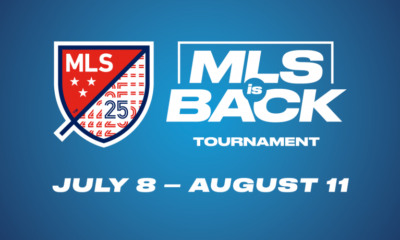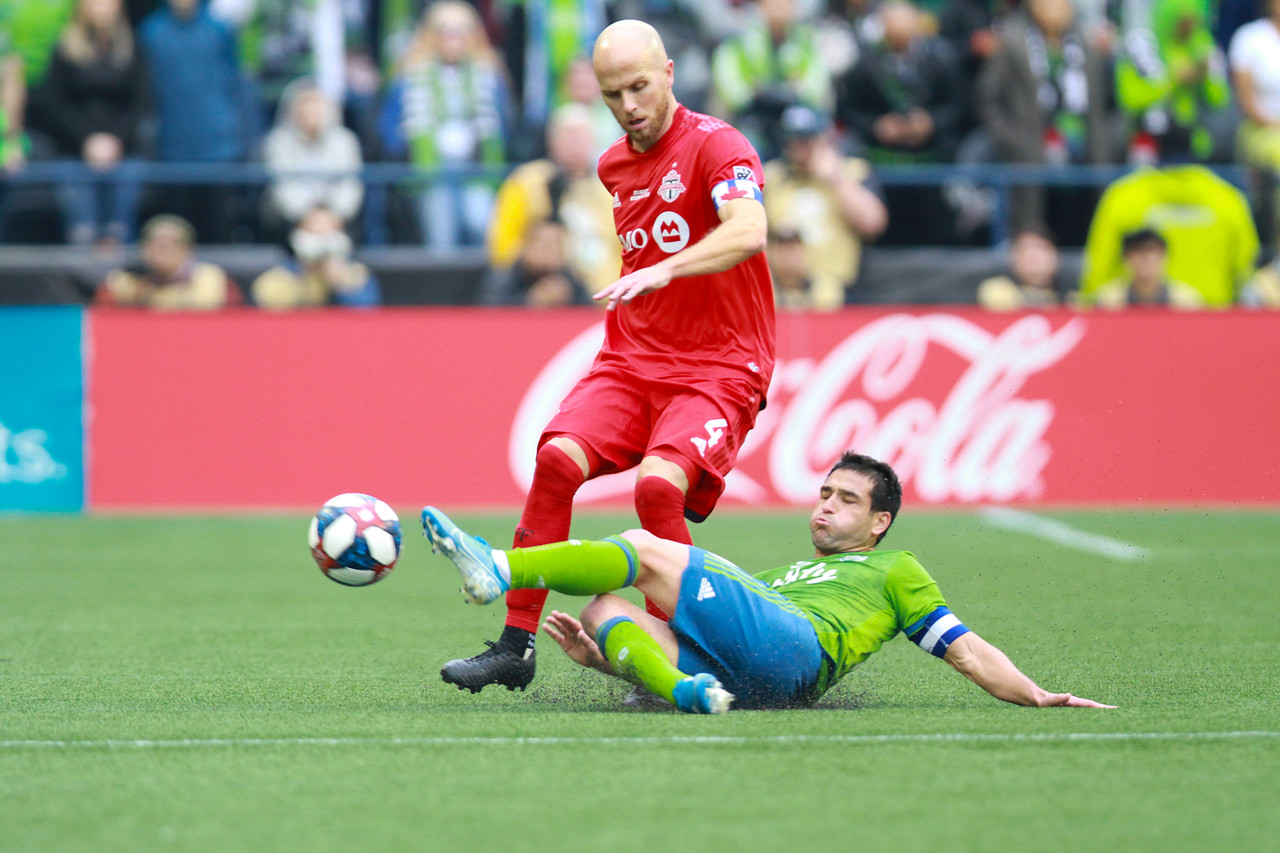One of the main targets of Major League Soccer is to push further the phenomenal growth in fans and popularity in the US, and become a world-class soccer league among the English Premier League, Spanish La Liga and others that have a global following around the world, beyond their native countries.
The MLS is already becoming a point of attraction for many world-class soccer players that are coming to play and take part in America’s top-flight professional soccer. As part of this growth, soccer stadiums and training facilities are being built all over the country. But many of the MLS teams play on an artificial pitch.
Will artificial turf and fake grass stand in the way of the MLS becoming one of the world’s biggest soccer leagues?
69,274 fans came to watch last year’s MLS Cup played between Toronto FC and the Seattle Sounders. There was a “March to Match” from downtown Seattle into the packed CenturyLink Field, pre-game shows, tailgate parties, a buzzing atmosphere and everything else that comes with a world-class soccer spectacle. It was all there, except for one thing that was a bit off – the field.
Seattle Sounders, one of the leading clubs in the MLS Western Conference, have joined the league in 2009, and since then have been playing every one of their home games (like last year’s MLS Cup Final) on FieldTurf, which is the name of the artificial grass surface that covers their home pitch.
From the MLS Eastern Conference, Atlanta United which is also one of the strongest sides in Major League Soccer hosted the Portland Timbers last year at Mercedes-Benz Stadium for another big celebration of soccer, with a production that would give a good fight to the Champions League, Europa League or any other big European soccer event. But again, the one thing that wasn’t up to par was the artificial pitch.
Looking at the United Kingdom for example, neither the Premier League, nor the Championship (the second division) have even one artificial pitch. Former Liverpool captain, who also played in the MLS for the LA Galaxy in the past, Steven Gerard said: “I don’t like plastic pitches, I didn’t like playing on them, I think they are dangerous.”
In the Champions League, artificial pitches are permitted, but not in any of the final games. In 2008 for example, real grass was laid on top of the artificial one in the Luzhniki Stadium in Russia especially for the Champions League Final between Chelsea and Manchester United.
There are different arguments for and against artificial pitches, and not all of them are the same. Games that are played on artificial surfaces are usually quicker in pace, and the ball bounces higher. This gives advantage to teams and players that are used to this type of pitch and play.
Artificial grass is also better to be played on than a real grass pitch that is badly maintained, and maintaining a grass pitch is more expensive. So in the defense of Major League Soccer, if wanting to grow attendance numbers of fans and playing in big NFL stadiums is a draw for the crowds, it can be a trade-off that is worth making.
There is of course the injury factor, where research shows that artificial pitches make players sustain more injuries than on real grass. On an anonymous survey conducted by ESPN on various MLS issues, 63% of the players said that a stadium with artificial surface would impact their decision to join a team.
Celebrating last week its 25th anniversary, Major League Soccer sure came a long way since it kicked off its first match a quarter of a century ago. The league and owners have been loud about their ambitions to make the MLS one of the world’s biggest soccer leagues in the near future.
So on the list of ideas to grow the league such as removing player cap to attract international talent, introducing promotion and relegation and more, the MLS should also consider to require a standard of grass-surface pitches. The MLS Cup shouldn’t be played on plastic grass, just like the Champions League final isn’t.













